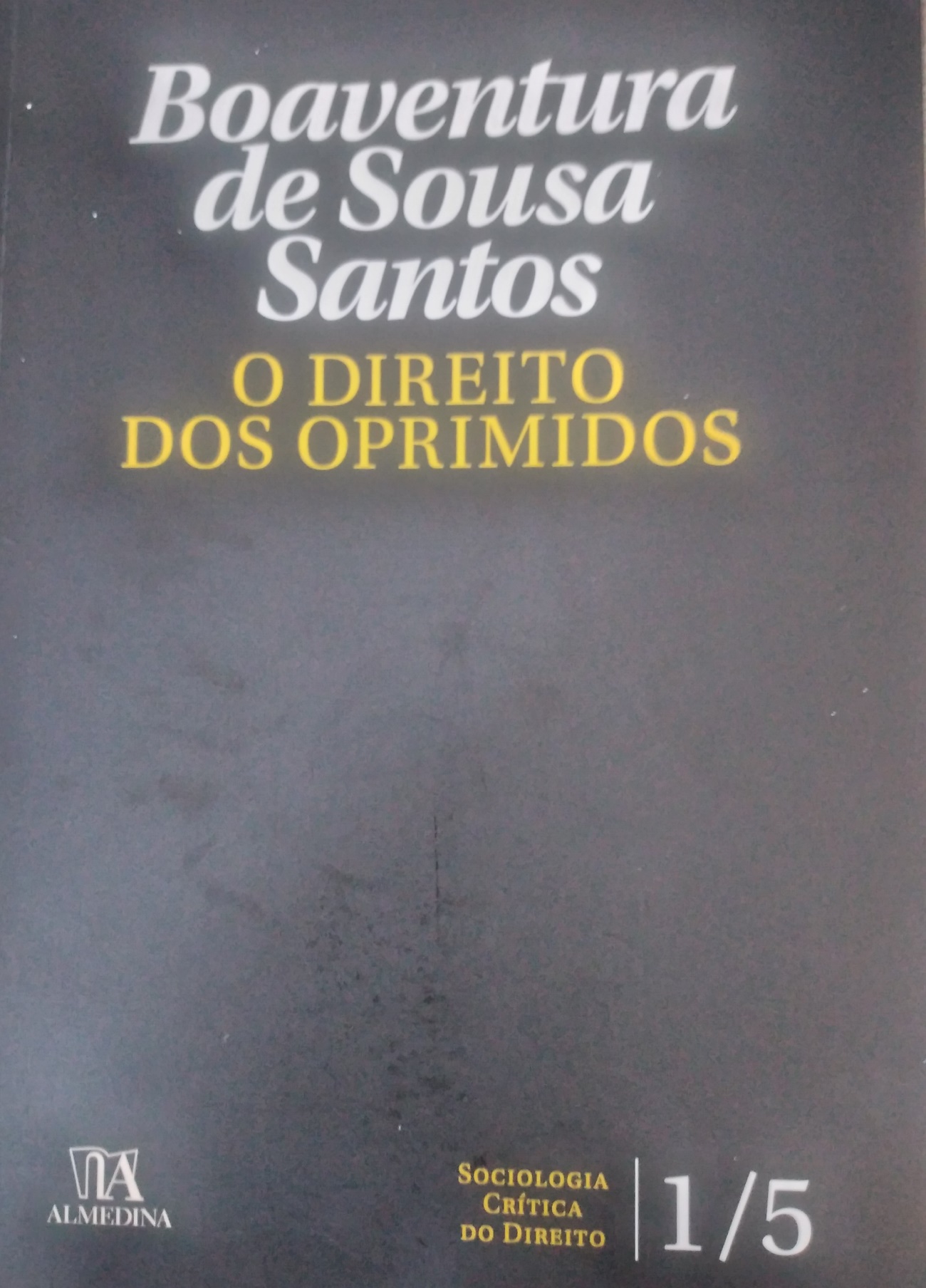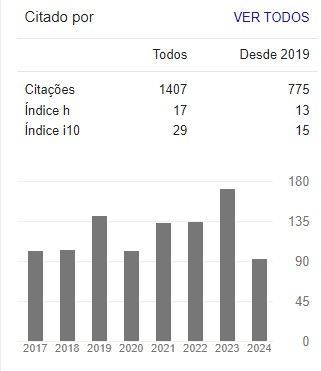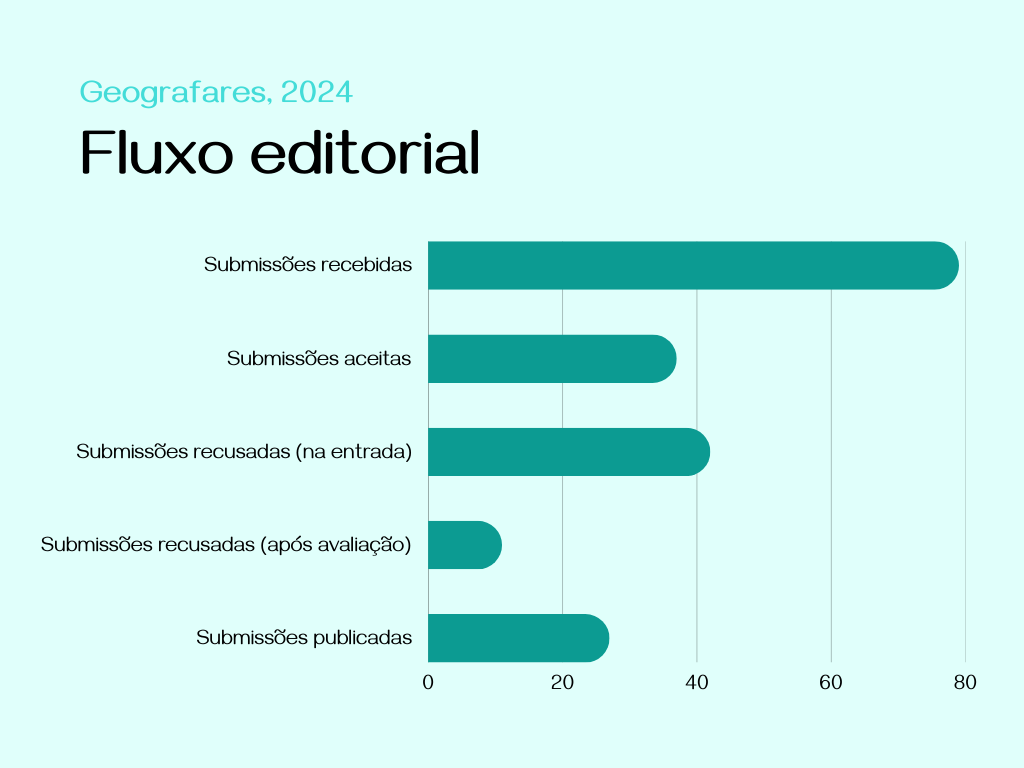Review of the book The Rights of the Oppressed
DOI:
https://doi.org/10.47456/geo.v4i39.47130Keywords:
territory, spatial justice, Boaventura de Sousa SantosAbstract
My work as a geographer has always led me to understand the dynamics of the poor and at the same time the causes of their marginalization in various territories. I always learned in school, in the early cycles, that society would be largely to blame for the situation of abyss between the poor and the rich, especially the middle class. The attribution of an alleged “culpability” of society in relation to the creation of a bipolar scenario between “opaque places and luminous places”, an expression coined by Milton Santos, seems to have left the State aside and very comfortable. The book “The Rights of the Oppressed” is a criticism of the absence of States with regard to the lack of justice in poor territories. Boaventura de Sousa Santos shows us how the societies of countries find solutions to their internal conflicts such as Cape Verde, Angola, Bolivia, Colombia, Ecuador, Macau and Mozambique; and in the Jacarezinho favela in Rio de Janeiro, which is the core of this review.
Downloads
References
SOUSA-SANTOS, Boaventura de (2014). O Direito dos Oprimidos: Sociologia crítica do direito. Coimbra: Almedina.
SANTOS, Milton. “Entrevista com Milton Santos”. Programa Roda Viva TV Cultura. 1997. 1 DVD (85 min).

Published
How to Cite
Issue
Section
License
Copyright (c) 2024 Geografares

This work is licensed under a Creative Commons Attribution 4.0 International License.
Copyrights Declaration
Authors who publish in the journal agree with the following terms:
- Authors will keep their copyrights and grant the journal the right to their first publishing, simultaneously licenced under Creative Commons Attribution License which allows sharing their work with authorship recognition and initial release through this journal.
- Authors may sign additional contracts separately diffusing a non-exclusively version of the paper published in this journal (i.g. publishing in institutional repository or as a book chapter), once citing the authorship and initial release through this journal.
- Authors are encouraged to publicize and diffuse their paper online, for example onto institutional repositories or on their personal websites.


























